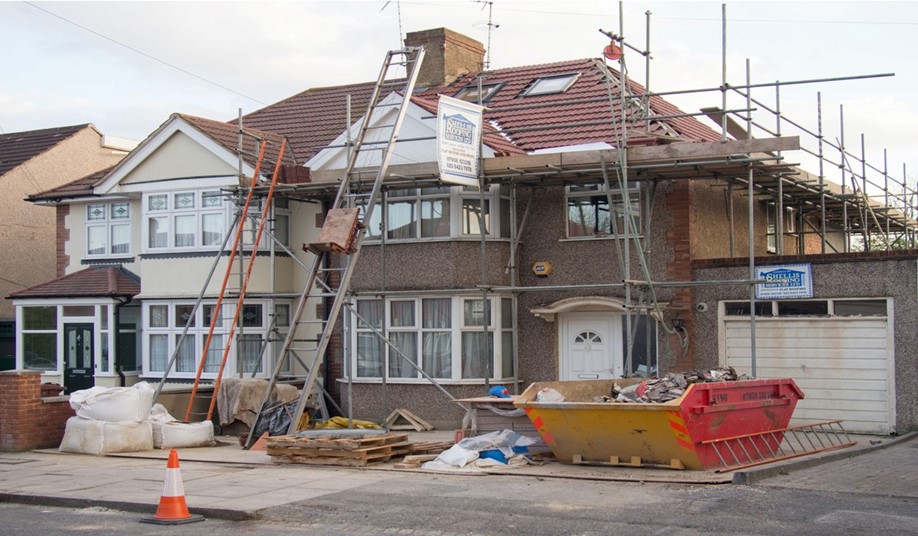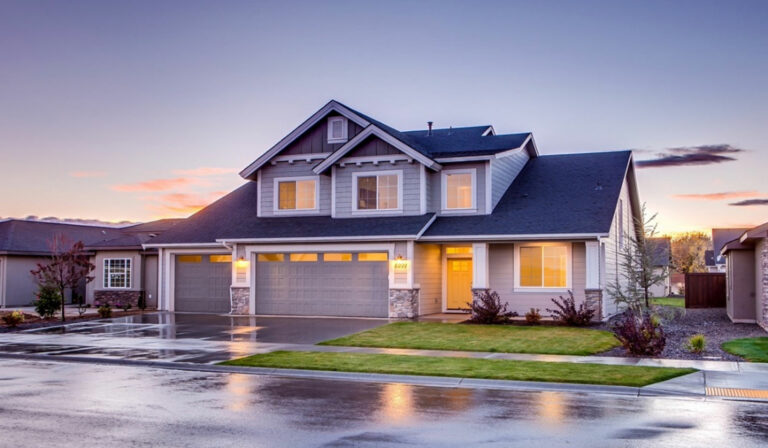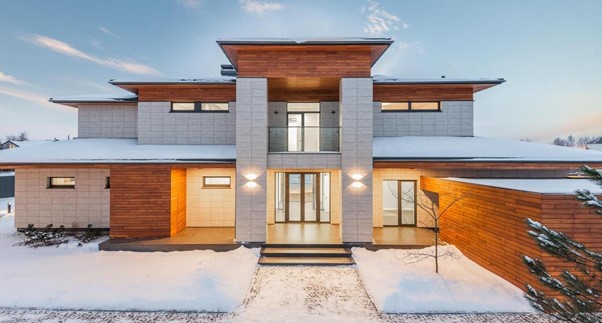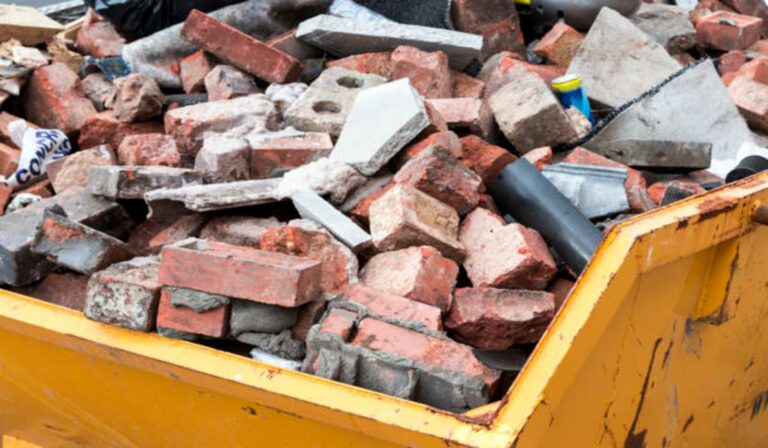I’m a licensed architect with a decade of experience building modern structures and housing systems, so I understand that every construction project comes with its own unique considerations.
There are several crucial things to consider before you can start constructing any building. In this article, I will outline the 6 most important factors that should be taken into account.
6 Thing to Consider Before Starting a Building Construction
- Budget
- Choosing the right architect
- Site analysis
- Building codes and regulations
- Building sustainability
- Construction waste removal
Budget
Before starting any construction project, it’s essential to determine the budget. The budget should be realistic and take into account all the expenses, including materials, labor costs, permits, and unexpected expenses. Don’t be afraid to be transparent about your budget during the design stage of the project. This will save you from future heartbreaks. It’s also important that the architect/contractor gives you an accurate estimate of what the construction is going to cost.
Choosing the right architect
Choosing the right architect is critical to the success of any construction project. The architect should be experienced, licensed, and insured. They should also have a reputation for completing projects on time and within budget. It’s important to review the contractor’s references and past work to ensure they are a good fit for the project.
Site Analysis
A thorough site analysis is essential. The analysis should take into account the topography, soil composition, subsoil drainage, and other environmental factors that could impact the building’s foundation, stability, and longevity. You must be sure that the soil will be able to take the weight of your foundation and house. Testing the soil will also determine the best foundation method and structure for the building.
A thorough site analysis helps identify potential issues and ensures that the building can withstand natural forces. You should consider the risks of flooding and landslides in the area. Do this by looking into the historical data of the location and finding out the causes of these disasters, if any. You can also consult experts to provide more reliable information on the topic.
Building codes and regulations:
Building codes and regulations vary from state to state and municipality to municipality. As an architect, it’s important to be familiar with the local codes and regulations to ensure that the building design and construction are in compliance. Things to do include obtaining necessary permits and approvals before construction begins.
One of the basic guidelines often upheld by local authorities includes adopting necessary safety measures on the construction site. You must also make sure the construction doesn’t disrupt utility connections or road access (unless you have special permission otherwise).
Sustainability
Sustainability should be a consideration for every construction project. The building’s design should include energy-efficient systems, sustainable materials, and methods that reduce the building’s carbon footprint. The architect should also work with the client to identify ways to reduce waste and improve the building’s overall efficiency.
Construction waste removal
This includes the planning and management of waste generated during construction, including debris from demolition, excess materials, and packaging. If you want your project to be a success, you need to have a plan on how to properly dispose of construction waste before you even start building. Here are a few reasons why it’s so important:
- Compliance with regulations to avoid fines or legal action.
- Safety of the construction workers and the surrounding populace.
- Impact of poorly managed waste on the environment.
- Cost savings brought about by recycling, repurposing, and properly managing waste.




